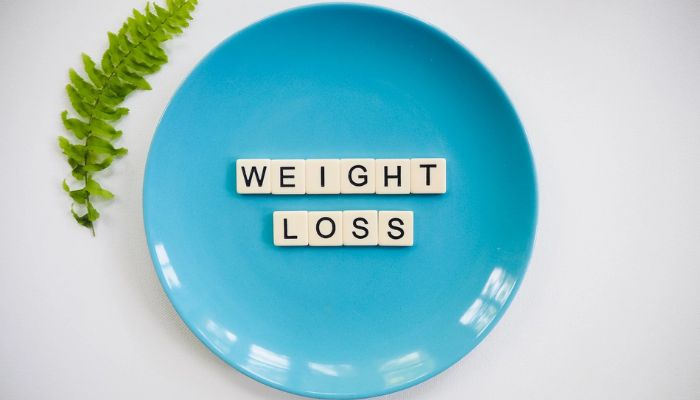Best way to lose weight: Intermittent fasting or eating less?
According to recent studies, restricting calories overall may help people in effective weight loss than restricting eating hours
According to recent studies, restricting calories overall may help people in effective weight loss than restricting eating hours.
The popularity of intermittent fasting as a weight loss strategy is growing. This eating pattern alternates between planned meals and periods of fasting. According to some data, this eating plan can help obese people with their cardiometabolic outcomes and help them lose weight without experiencing any negative side effects.
It's not clear how intermittent fasting compares to regimens that limit calories in general, though.
On January 18, American Heart Association revealed study results which contend that eating fewer, larger meals more frequently may be more helpful for weight loss than intermittent fasting.
Scientists enlisted 547 adult individuals from three health systems to test the hypothesis that fasting periods between meals influenced weight changes. Almost 80% of them were White, 12% were Black, and about 3% were Asian. The participants' average age was 51 and their average BMI fell into the obese category.
Using the research team's Daily24 app, the participants kept track of their meals, sleep, and wake-up hours. This made it possible for the researchers to compute the intervals between the first and last meal, the first meal after waking up, and the last meal before going to bed.
Meal time did not affect weight fluctuations throughout the course of the six-year follow-up period, reported Health News. However, eating a lot of medium-sized and large-sized meals (more than 1,000 calories) was linked to weight increase.
Additionally, eating fewer and smaller meals with less than 500 calories each meal was associated with weight loss.
The scientists also discovered that people who ate their first meal right after waking up and gave themselves more time between their last meal and bedtime to eat seemed to gain less weight.
Overall, the study found no proof that the intermittent fasting technique of time-restricted eating caused weight changes.
-
Antioxidants found to be protective agents against cognitive decline
-
Coffee reduces cancer risk, research suggests
-
Keto diet emerges as key to Alzheimer's cure
-
What you need to know about ischemic stroke
-
Shocking reason behind type 2 diabetes revealed by scientists
-
Simple 'finger test' unveils lung cancer diagnosis
-
Groundbreaking treatment for sepsis emerges in new study
-
All you need to know guide to rosacea












